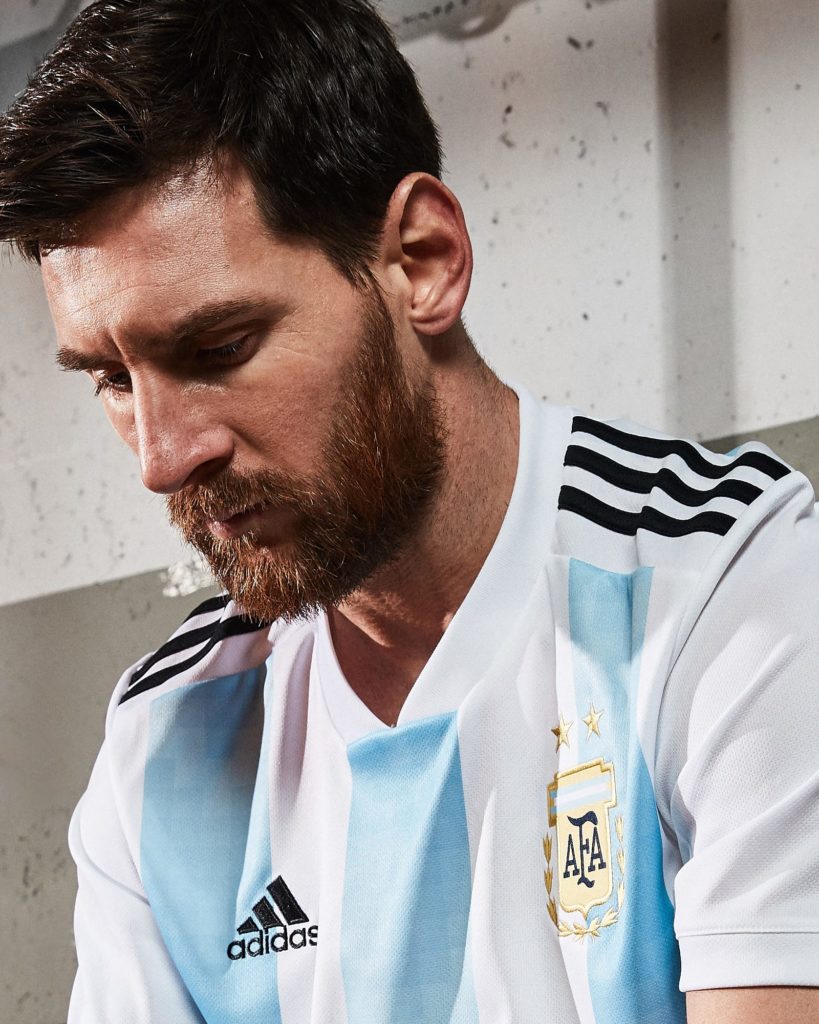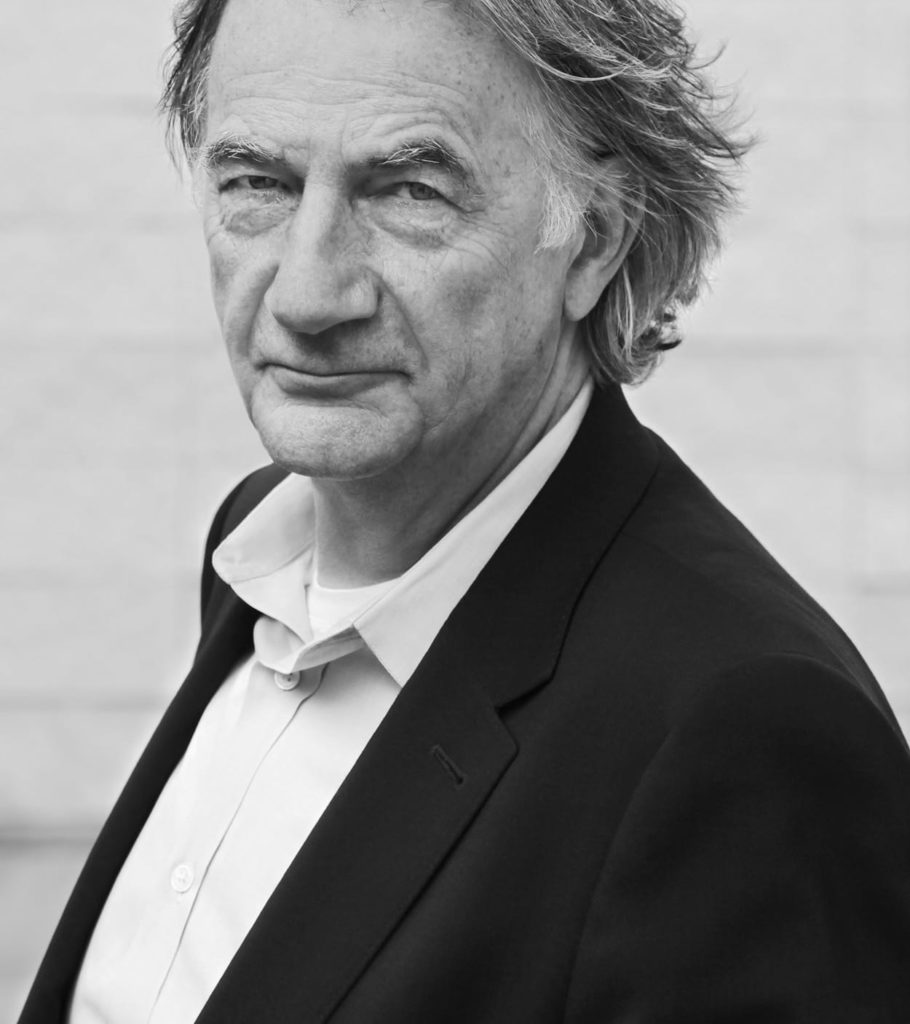1
Maradona imparts advice to Messi at the 2010 World Cup in South Africa.
“The Argentinians love this idea of the pibe, the kid who learned to play in the slums in mass games on hard ground where’s there’s no space – Messi absolutely fits that idea.” The words of Jonathan Wilson, a British football journalist who lived in Buenos Aires for three years and has been covering Messi for over a decade.
In his lauded book Angels With Dirty Faces, Wilson explores the history of Argentinean football and devotes an entire chapter to Messi, charting his fairytale journey from the streets of Rosario to become, in his opinion, the best player of all time. Messi has won the Champions League four times, La Liga nine times, he has five Ballon d’Or crowns, six Copa del Reys and three Club World Cups. But he’s never won the World Cup. The closest he came was losing the final to Germany in 2014. Messi also lost two Copa America finals in 2015 and 2016. The man with a nation’s hopes on his diminutive shoulders is aware of what those defeats mean to the Argentinean people. “I cried many times because of games like these, for lost finals, for what they mean and for not being able to achieve the dream of a country,” said Messi.
In his book, Messi, Spanish football writer Guillem Balague writes about the pressure Argentina’s number 10 puts on himself to deliver the famous trophy. “Failure to win a World Cup before he retires will leave him feeling that he has let down his country, his family, his friends, but principally, himself.”
Argentina won the World Cup in 1978 and again in 1986, led by the imperious Diego Maradona, but have lost three other finals, in 1930, 1990 and 2014. This time in Russia, Argentina find themselves in what should be a comfortable group with Iceland, Croatia and Nigeria. Messi dreams of lifting the trophy in July. “I imagine being able to be in that game, to win it, to be able to raise the cup,” he says. “It’s the dream I have always had and every time a World Cup comes it gets even stronger.”
Should he win his sport’s greatest prize, Wilson believes Messi will find himself finally accepted by fans in his homeland with whom he has a complex relationship.
While he is adored at Barcelona, a club he joined aged 11, there is a coolness between Messi and the football fanatics who wear the blue and white stripes of Argentina. Wilson recalls the Copa America in 2011, which Argentina hosted. “I went to a game in Santa Fe which is near Messi’s hometown Rosario, somewhere you’d expect to be a pro-Messi area. I walked to the stadium along an avenue where people were selling football shirts. It was very obvious that there were more [Carlos] Tevez shirts on sale than Messi shirts. When the announcer read out the teams before the game, he said, ‘Wearing 10, the best in the world, Lionel Messi.’ Then he said, ‘Carlos Tevez – the player of the people!’ The cheer was much bigger for Tevez than for Messi.” Wilson adds, “Argentinians want Messi to succeed, without question, but he’s not quite their own.

